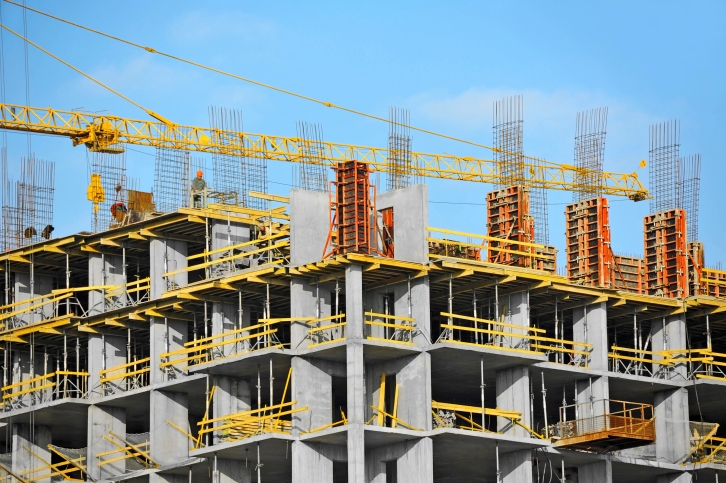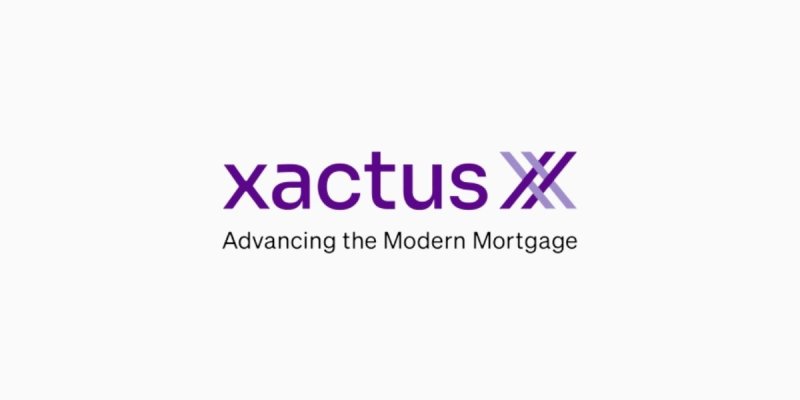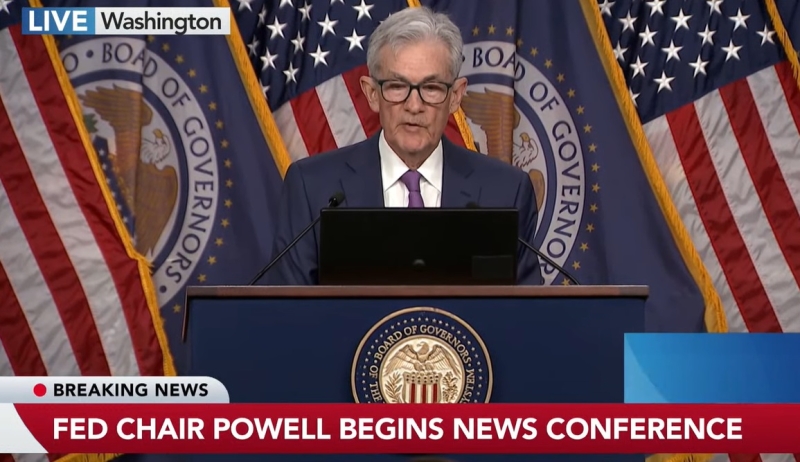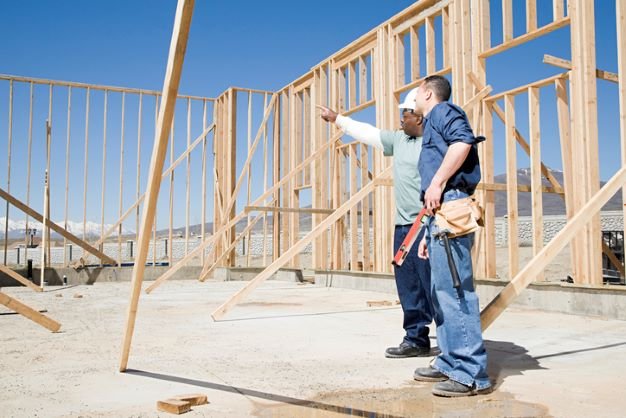
Housing Support In Theory, Not In Practice

As the U.S. grapples with a housing shortfall, personal preferences and political divides challenge the 'Yes In My Backyard' sentiment.
A recent housing survey commissioned by Redfin showed that a significant 78% of respondents favor policies promoting housing construction. However, when asked about the prospect of an apartment complex being built in their neighborhood, only 32% of these pro-building respondents had a positive sentiment. Nearly half remained indifferent, while 20% had negative feelings.
The survey results come a day after builder confidence, a key metric in assessing the health of the new home market, has fallen below the critical benchmark of 50 for the first time in five months. It also follows data from the U.S. Department of Housing and Urban Development (HUD) and the U.S. Census Bureau which shows an 11.3% decline in overall housing starts for August.
The Redfin survey found that disparities for promoting housing construction became even more evident when comparing homeowners and renters. While both groups overwhelmingly support construction-friendly policies (74% of homeowners and 80% of renters), their enthusiasm dwindles when the prospect of a new apartment complex emerges in their vicinity. Only 25% of homeowners and 28% of renters view this positively. And 40% of homeowners and 24% of renters expressed negative sentiments.
Considering the U.S. housing shortfall of 3.8 million units in 2021 and the increasing costs of home buying and renting in 2023, the need for more housing is evident. More homes would alleviate the disparity between supply and demand, making housing more affordable. This could be achieved through relaxed zoning restrictions, encouragement of accessory dwelling units, and tax incentives for developers.
“Personal preferences for things like a quiet neighborhood or old-fashioned charm are often at odds with building new housing,” said Redfin Chief Economist Daryl Fairweather. “Even though so many Americans believe in building new dense housing in theory, that ideology isn’t strong enough to outweigh their own desires – especially when they don’t stand to directly benefit from the building. That’s why it’s so difficult to overcome community opposition to dense new housing, even during a time when so many Americans believe in the Yes In My Backyard (YIMBY) movement.”
The survey also spotlighted political differences. Both Democrats and Republicans generally support pro-building policies, with 83% of Democrat respondents and 75% of Republican respondents in favor. However, the likelihood of supporting a new local apartment complex drops significantly for both groups.
Despite Republicans being more opposed to dense housing, Republican-majority states in the South are leading in home construction. Southern states issued 576,000 single-family building permits in August alone, marking a 10% yearly increase.
Roughly one-third (34%) of Democrats would feel positive about a large new apartment complex to be built in their neighborhood, compared with 24% of Republicans. Just under one-quarter (23%) of Democrats would feel negative about a large complex built in their neighborhood, versus 37% of Republicans. Roughly two in five Democrats (43%) and Republicans (40%) would feel neutral.
Democrats were almost twice as likely as Republicans to have a favorable view if the new housing was earmarked for low-income residents. About one-third (34%) of Democrats say they would feel more positive if that were the case, compared to 19% of Republicans. About half of both groups would feel neutral.
“There are YIMBYs and NIMBYs on both sides of the aisle,” Fairweather said. “That’s part of the reason it’s so difficult to push through policies that promote dense housing. But all types of building ultimately help with housing supply and affordability, even building more single-family homes. The more homes that exist, the more likely it is a person can find one to fit their needs and their budget."
The housing conundrum remains complex. As policies advance, the balance between nationwide housing demands and local preferences will be pivotal.




